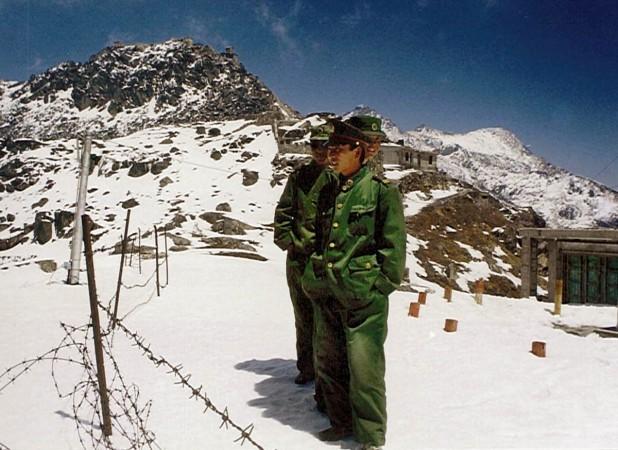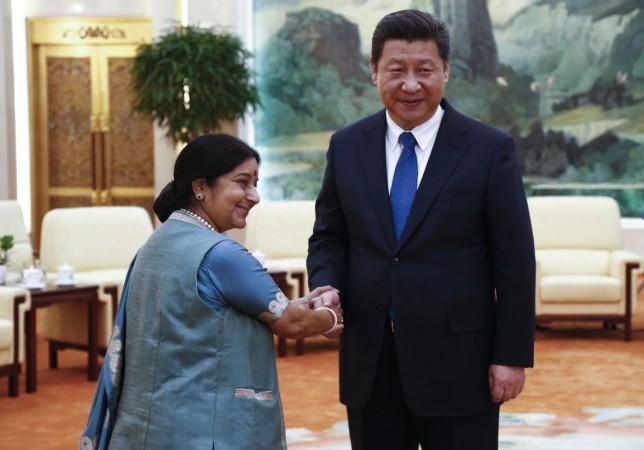India and China have been locked in a war of words over the Doklam plateau for over a month now. While India has repeatedly said that war wasn't an option to solve the crisis, China has on and off given some stern warnings to its neighbour to withdraw its troops from the region or "face consequences."
In a fresh salvo, an article in the Global Times has said that China will not let the Doklam standoff go on for too long and could take up a small military operation to oust the Indian soldiers from the region within two weeks.
The Chinese foreign ministry, the defense ministry, the Chinese Embassy in India and the People's Daily have time and again urged India to withdraw its troops, failing which China's People's Liberation Army would be forced to take action.
"The series of remarks from the Chinese side within a 24-hour period sends a signal to India that there is no way China will tolerate the Indian troops' incursion into Chinese territory for too long. If India refuses to withdraw, China may conduct a small-scale military operation within two weeks," said Hu Zhiyong, a research fellow at the Institute of International Relations of the Shanghai Academy of Social Sciences.
He also said that Beijing would inform New Delhi before the Chinese side takes up the operation.
It has been said that the Tibet military region has also conducted exercises in the region, which Zhao Gancheng, director of the Center for Asia-Pacific Studies at the Shanghai Institute for International Studies, believes is a hint that China could use military means to end the ongoing standoff.
"The chances of doing so are increasing as the Indian side is still saying one thing and doing another," he told the Global Times.

Speaking of the standoff and the prior warnings that China had given India, Hu said: "India, which has stirred up the incident, should bear all the consequences. And no matter how the standoff ends, Sino-Indian ties have been severely damaged and strategic distrust will linger."
Meanwhile, another editorial in the paper also blamed the Narendra Modi-government of taking the issue lightly. It said that the Modi-government should be aware of China's military power and should not put India in a situation where has no choice but to "annihilate all Indian troops in the border region."
"The Modi government's hard-line stance is sustained by neither laws nor strength. This administration is recklessly breaking international norms and jeopardizing India's national pride and peaceful development," the article said.
The article goes on to say that the Indian government is being irresponsible when it comes to national security and is taking the well-being of its citizens for granted.
"The Modi government should stop lying to its people that 'India in 2017 is different from India in 1962.' The gap in national strength between the two countries is the largest in the past 50 years. If the Modi government wants to start a war, at least it should tell its people the truth," the article noted.

Just yesterday, Minister of External Affairs Sushma Swaraj had ruled out the option of war in regards to the Doklam standoff, and said that the two countries are negotiating on the issue.
"We are not negotiating only on Doklam, we are talking about bilateral relations in entirety. And a solution will also emerge from it... As far as economic strength is concerned, China is one of the leading countries among major contributors and economic partners. That's why Doklam is not the lone issue. So, a solution will definitely emerge if we engage in dialogue on bilateral relations," Swaraj said in Rajya Sabha on Friday, August 4.















